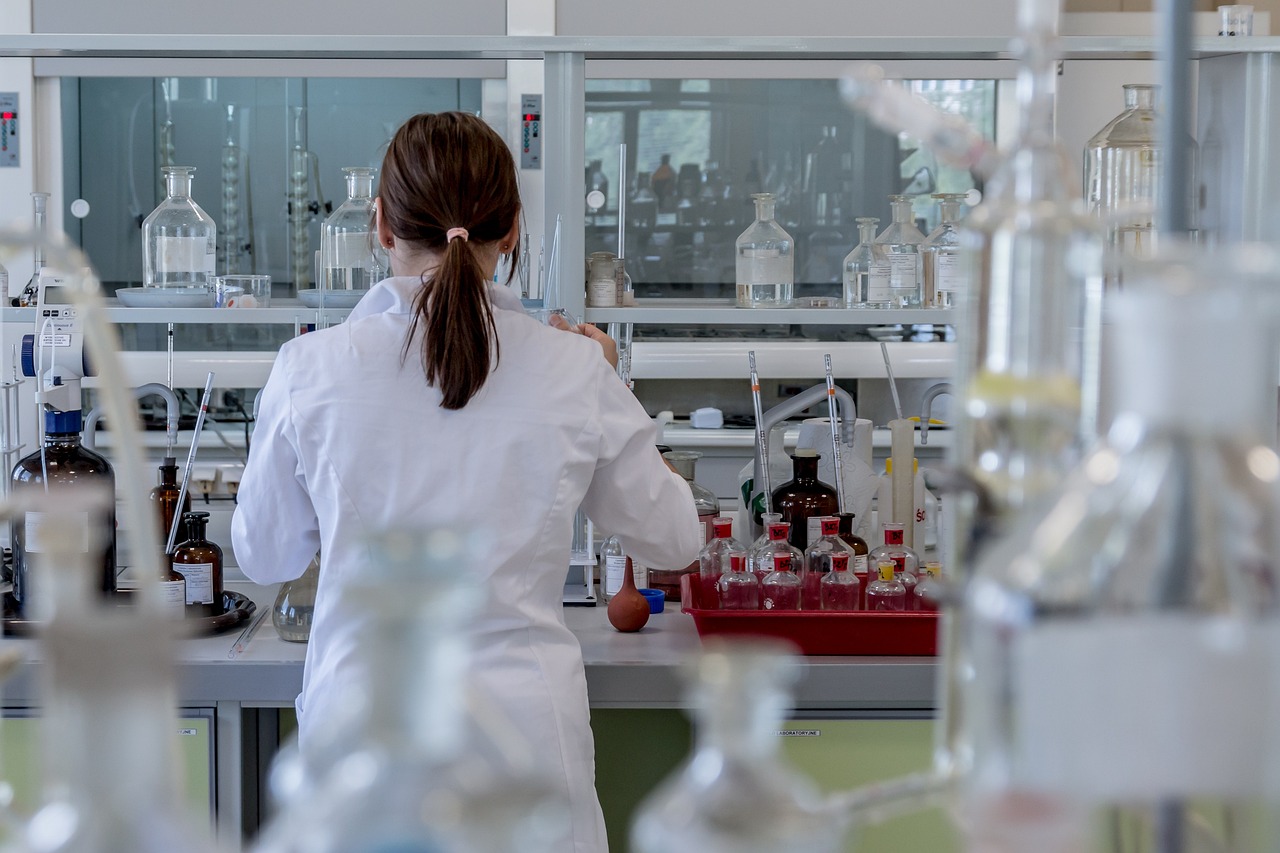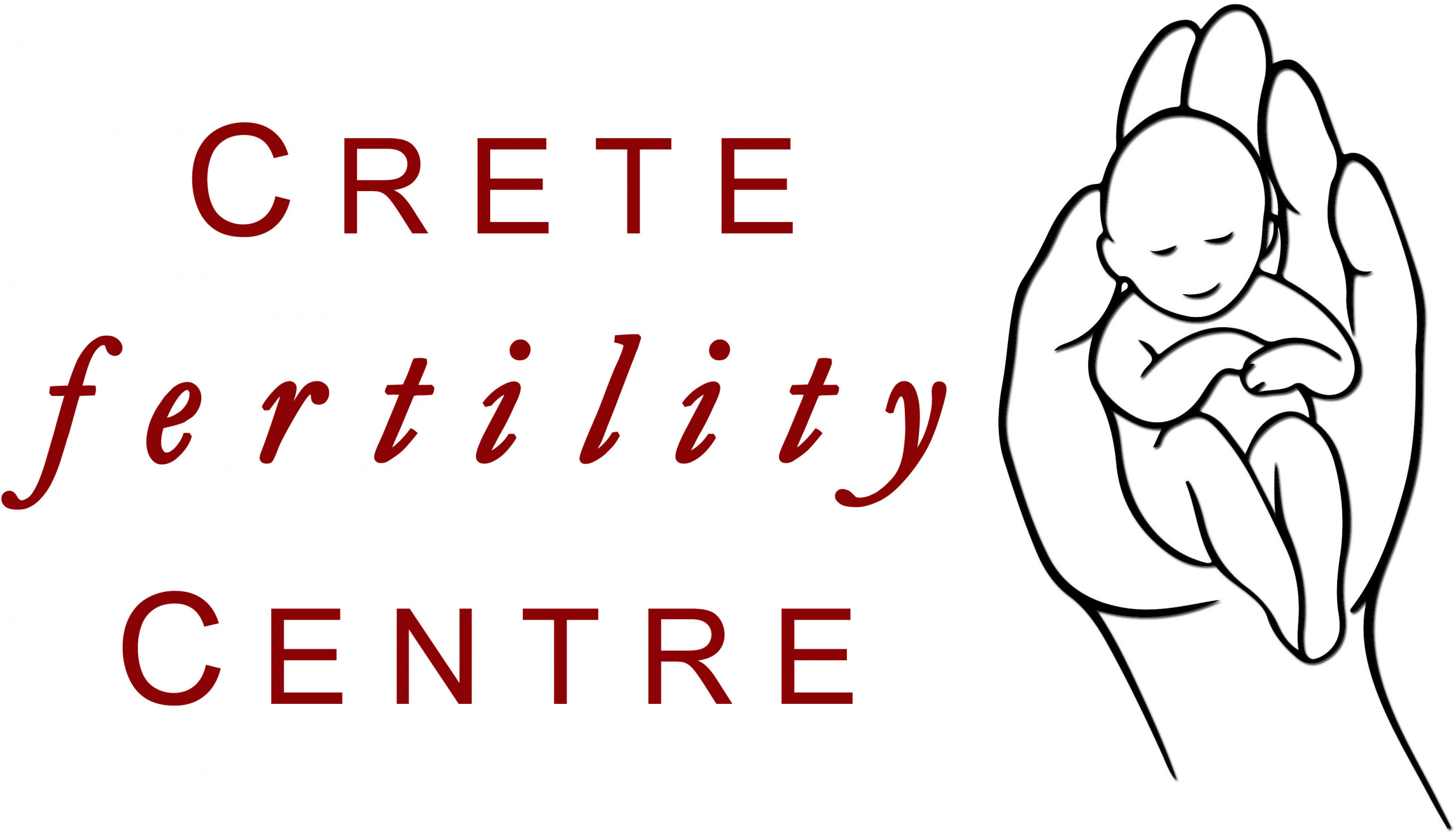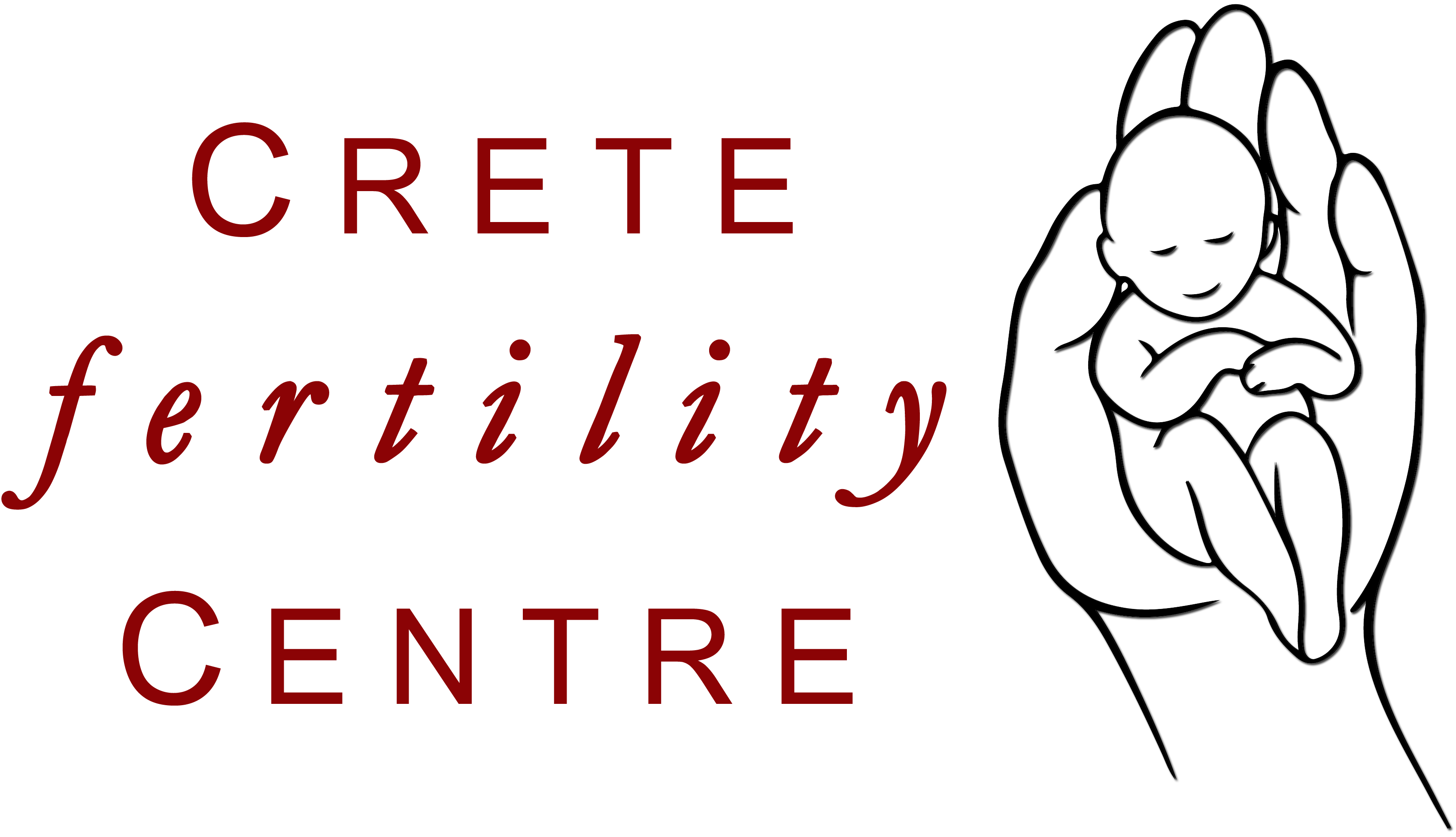Substance discovered that turns back the fertility clock

Before the age of 30, a woman’s reproductive years are at their height. After that, fertility begins to drop; by the age of 40, it is around half what it was before the age of 30. Many women struggle with infertility, but a recent mouse study may be able to turn back the clock on eggs, giving older women new hope for fertility.
Researchers from the University of Queensland claim that by using a substance that can stop eggs from aging, they were able to increase the fertility rates of older female mice. The finding may open the door to human use in the future, giving those women who are having trouble getting pregnant hope.
For some women, becoming pregnant after the age of 40 is difficult or practically impossible. Poor egg quality, which is an issue in industrialized nations where women wait until they are older to be married and have children, is the cause of this decline in fertility.
Fresh optimism
The study, which was published in the journal Cell Reports, emphasizes turning back the hands of time to increase egg quality, which is crucial for a successful pregnancy. The scientists discovered that aging-related egg quality loss was caused by dwindling quantities of a cell molecule that is essential for generating energy.
The molecule is made from a precursor substance, which can increase fertility when taken orally. The precursor, nicotinamide mononucleotide (NMN), and the molecule nicotinamide adenine dinucleotide (NAD) are essential for promoting the reversal of aging fertility.
The researchers gave elderly female mice tiny dosages of NMN infused in their water for a month to get at their conclusions. During a breeding experiment, they discovered that the mice had improved live birth rates and restored egg quality.
Technologies for assisted reproduction
If it works on humans, the new treatment may be able to maintain and improve the quality of egg cells as they age. Additionally, it aids in lowering an obstacle that prevents older women from becoming pregnant. There has been a substantial rise in the demand for assisted reproductive technologies, such as in vitro fertilization, since more older women are experiencing fertility issues (IVF).
Scientists state that IVF cannot improve egg quality, so the only alternative for older women at present is to use eggs donated by younger women.




